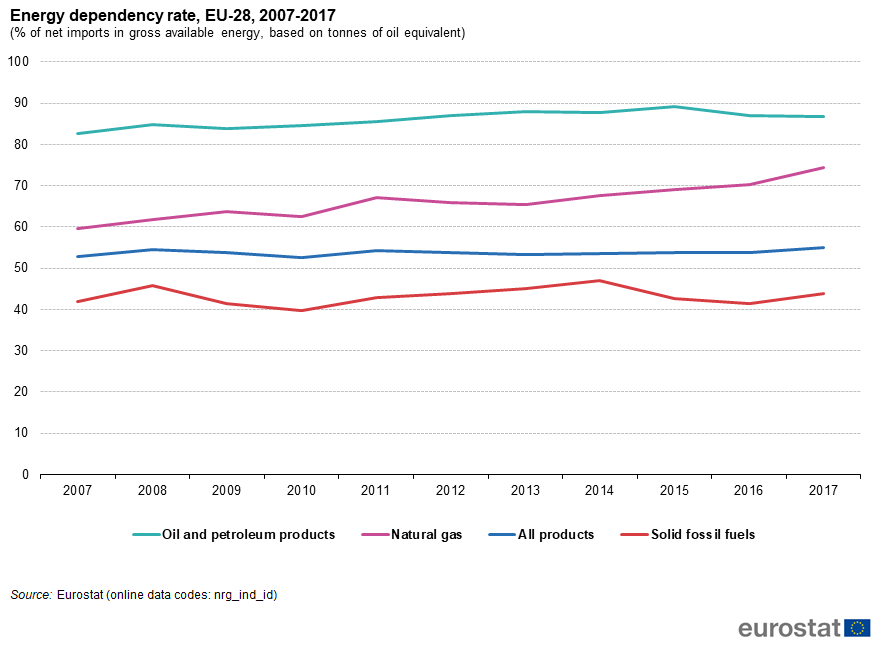https://www.youtube.com/watch?v=Zk11vI-7czE
Donations towards the production :
https://www.paypal.com/donate/?token=yN8O6SMV38nde2bRUFlsvI3IVciwSB_tqV3eJ8vYq6ArpC23IeDcxu0bvFM3aVY1l0DzWW&country.x=US&locale.x=US
It was found to be an extensive mine, wrought by a set of people at least as expert in the business as the present generation. Some remains of the tools, and even of the baskets used in the works, were discovered, but in such a decayed state, that on being touched, they immediately crumbled to pieces. From the remains that were found, there is reason to believe that the people who wrought these colleries anciently, were acquainted with the use of iron, some small pieces of which were found; it appeared as if some of their instruments had been thinly shod with that metal.
This colliery must have been worked at a very remote period -- at all events, more than one thousand years since, and this argues for the civilization of the inhabitants of Ireland at a period long antecedent to that at which it is generally considered the arts and sciences were first introduced here (From the Irish Fireside, 1883).
It appears to have been the oldest worked colliery in Ireland, perhaps in the [British] empire, as during the year 1770 the miners broke into an old gallery, the walls of which were lined with stalactites, evidently of great age, and antique mining tools were found therein. The residents of the district had never heard of a tradition of the mine having been anciently worked, and the excavation must have been made at a very remote period indeed.
In 1669 the Hearth Money Rolls state: ‘Neare unto this point are two salt pans where salt is artificially made by the boyling of salt water with pit coale which coal pits are very near to the pans aforesaid and yield great profit to the possessour….’.
With six tonnes of fuel needed to produce one ton of salt through the evaporation method, the need for convenient and plentiful energy was paramount.

The Department meantime was made aware by Cork County Council and Irish Water that the inclusion of the
pearl mussel in the qualifying interests for the Blackwater Main Channel was making it extremely difficult to allow
developments to occur in the towns and villages along the river. Partly in that context, but mainly given the
approach recommended by the national expert, the Department decided that the Blackwater Main Channel
should be removed from the First Schedule to the 2009 Regulations, while retaining two tributaries, the Allow
and Lickey.
A warming of the climate is expected to result in an earlier start of the growing season in spring and a longer duration in autumn. The date of the last frost in spring is projected to advance by about 5–10 days by 2030 and by 10–15 days by 2050 throughout most of Europe